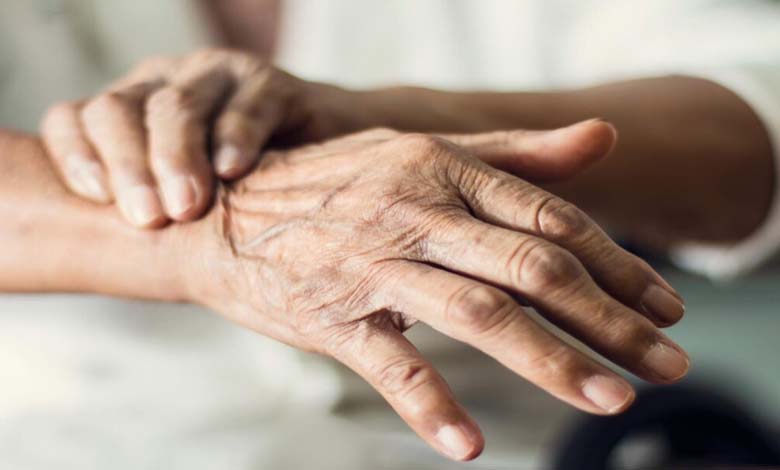How Does Parkinson’s Disease Emotionally Affect the Elderly?

Parkinson’s disease is a chronic, progressive neurodegenerative disorder primarily affecting the elderly. It results from the gradual loss of dopamine-producing neurons in the substantia nigra, a region of the brain essential for controlling movement. While physical symptoms such as tremors, muscle rigidity, and bradykinesia are well-known, the emotional and psychological toll of the disease often goes unnoticed or underestimated. However, for older adults, the emotional effects of Parkinson’s are profound, shaping not only their mental health but also their sense of identity, self-worth, and social participation.
-
Expressive Writing: Simple Steps That May Help Prevent Parkinson’s Disease
-
Can Mold Exposure Cause Parkinson’s Disease?
Emotional shock of the diagnosis
Receiving a diagnosis of Parkinson’s disease can be deeply unsettling, especially for older adults. It often triggers fear of losing independence, concerns about disease progression, and the dread of becoming a burden to loved ones. This realization may lead to denial, sadness, or even despair. Many elderly patients report feeling a profound loss of control over their future.
Depression: a common and underdiagnosed issue
Depression is one of the most prevalent non-motor symptoms of Parkinson’s disease, affecting nearly half of all patients. It is not merely a psychological response to the diagnosis but also a biological consequence of the disease, due to the reduction of dopamine and other mood-regulating neurotransmitters. Unfortunately, in elderly individuals, depression is frequently misinterpreted as normal aging or attributed solely to the physical aspects of Parkinson’s, leading to underdiagnosis and inadequate treatment. This neglect worsens emotional suffering and reduces engagement in care. Treating depression appropriately can significantly enhance quality of life, improve medication adherence, and foster a sense of agency and resilience.
-
Parkinson’s: dopamine, a new treatment?
-
Early detection test for Parkinson’s: “Vital Sign” Identifies the Disease
Anxiety and difficulty adjusting
Anxiety is another common emotional challenge in elderly patients with Parkinson’s. The unpredictable nature of the disease, coupled with the increasing limitations it imposes, can cause persistent worry. Older adults may fear falling, losing autonomy, or becoming socially excluded. This anxiety can escalate into panic attacks or chronic stress, particularly as patients try to adapt to a new lifestyle marked by doctor visits, medication schedules, and physical limitations. The process of adjustment is often marked by emotional turbulence, including frustration, irritability, and a sense of defeat.
Social isolation and emotional loneliness
As the disease progresses, many elderly patients reduce their social interactions—either out of embarrassment or due to physical limitations. This withdrawal increases the risk of emotional isolation and may contribute to feelings of worthlessness. Among the elderly, prolonged loneliness is known to accelerate cognitive decline and negatively affect mental health.
Damage to self-image and identity
Parkinson’s disease gradually transforms the physical appearance and behaviors of patients—facial expression becomes flat, posture changes, voice softens, and gestures slow. These changes can severely affect self-esteem and personal identity. Elderly individuals often report feeling like a “different person” as the disease progresses, mourning the loss of who they once were. This emotional struggle with self-image can lead to shame, social withdrawal, and a diminished sense of purpose, especially if the patient no longer feels recognized by their community or family in the same way.
The importance of emotional support
Emotional support from family, caregivers, healthcare providers, and peer support groups is vital. Compassionate listening, encouragement, and engagement in meaningful, adapted activities can help preserve psychological well-being. A holistic approach—including therapy or appropriate medication—is often necessary to address emotional challenges effectively.
Parkinson’s disease is more than just a physical ailment—it is an emotional journey, especially for the elderly. Acknowledging and addressing the psychological impact of the disease is crucial to preserving dignity and enhancing quality of life. With empathy, awareness, and proper care, patients can navigate this journey with strength and resilience.












